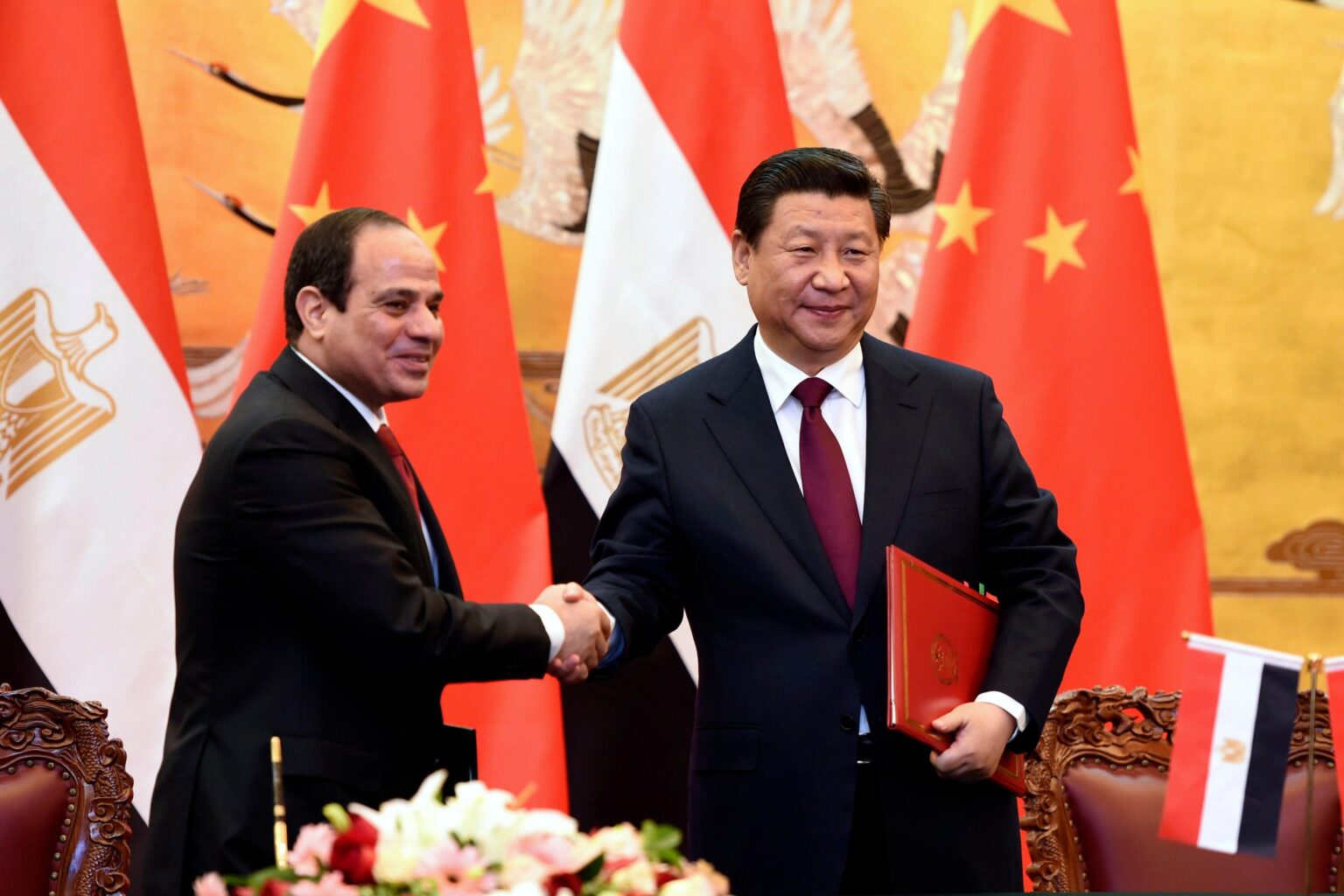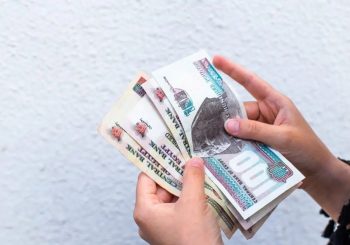Faced with rising trade barriers in the United States and Southeast Asia, a growing number of Chinese manufacturers are relocating operations to Egypt, seeking a more stable and cost-effective base to maintain access to Western markets.
The shift, which has accelerated since early 2025, is driven by U.S. tariffs that now affect a wide range of goods produced in both China and Southeast Asia. Egypt’s comparatively low import duties, favorable trade balance with the United States, and strategic geographic position have made it an increasingly attractive destination for investors seeking to navigate a turbulent global trade environment.
This shift began under the Trump administration in early 2025, which levied sweeping tariffs on a wide range of goods produced in both China and Southeast Asia. Many firms initially shifted production to Southeast Asia. In April, steep duties were extended on Chinese products, with tariffs reaching as high as 145 percent on some Chinese goods.
Although the headline tariff rate has been reduced to 10 percent, a significant drop from the previous high of 145 percent, additional trade duties keep the overall effective tariff on most Chinese products above 30 percent.
Though China and the U.S. reached a deal in June that sets U.S. tariffs on Chinese imports at 55 percent and Chinese tariffs on American imports at 10 percent, uncertainty looms: absent a new trade accord by summer’s end, the elevated duties are set to return.
Meanwhile, Egypt, with a modest 10 percent tariff rate, favorable trade balance with the United States, and a strategic geographic position, has made it an increasingly attractive destination for investors seeking to navigate a turbulent global trade environment.
In March, Egypt’s Federation of Industries announced that Chinese companies had pledged USD 60 million (EGP 2.97 billion) in new industrial investments, much of it destined for the Suez Canal Economic Zone (SCZone).
According to the Egyptian Minister of Investment and Foreign Trade, Hassan El-Khatib, trade between China and Egypt rose to approximately USD 17 billion (EGP 841 billion) in 2024, marking a 6 percent increase from USD 16 billion (EGP 791.5 billion) the previous year.
China is currently Egypt’s tenth-largest investor, El-Khatib announced on 25 June, with more than 3,050 Chinese companies active in the country and total direct investment reaching USD 1.2 billion (EGP 59.36 billion) as of February 2025. He further expressed ambitions to make China one of Egypt’s top five foreign investors.
Chinese delegations, factory owners, and business executives have been arriving in Cairo in increasing numbers, exploring local partnerships and scouting sites for new facilities.
“There are delegation visits nearly every day, often not just with businesspeople, but also Chinese government officials,” said Huang Ping, who manages five motorcycle parts assembly facilities on the outskirts of Cairo.
He moved from China to Egypt in 2018, drawn by its strategic position and growing economic links with African markets. Since then, he has witnessed a sharp increase in Chinese investment, particularly in recent months.
This surge of new capital is beginning to leave a visible mark on Egypt’s economy. Clothing exports, for instance, rose 22 percent year-on-year in the first four months of 2025, exceeding USD 1 billion (EGP 49.47 billion). Chinese firms have contributed significantly to this growth, including Zhejiang Cady Industry, which opened this year a USD 100 million (EGP 4.95 billion) plant expected to employ over 4,000 workers.
Labor costs remain a major draw. Egyptian factory wages average between USD 100 (EGP 4,947) and USD 150 (EGP 7,420.5) per month, less than half the regional average in Southeast Asia.
Currently, Chinese activity is especially pronounced in textiles, electronics, auto parts, and household appliances. Firms like ZTE, OPPO, Haier, and GAC Motor have operating factories and logistics hubs in the Suez Canal Economic Zone.
The burgeoning wave of Chinese investment aligns with Egypt’s aspirations to become a regional manufacturing powerhouse. Beyond tariff advantages and cost savings, the country is leveraging its strategic position as a bridge connecting Africa, Asia, and Europe, alongside its expanding industrial zones.
Looking ahead, Chinese investments in Egypt could reach USD 2 to 3 billion (EGP 98.94 to 148.41 billion) by the end of 2025, according to Mostafa Ibrahim, Deputy Chairman of the China Committee at the Egyptian Businessmen’s Association.
As global trade policies evolve, Egypt’s industrial zones could be a practical base for Chinese firms responding to tariff pressures and shifting market dynamics.







Comments (0)